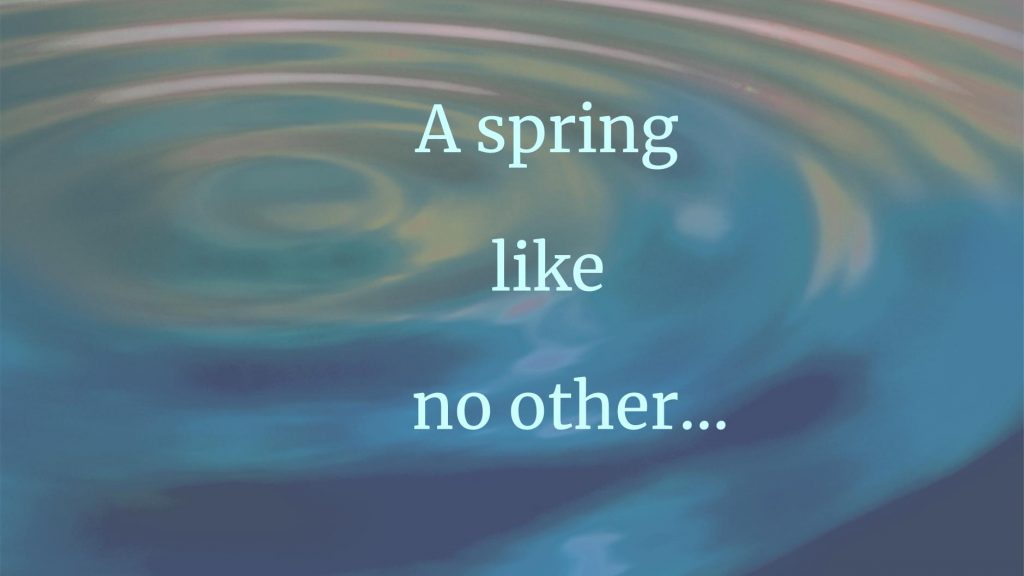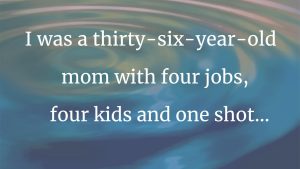This is always the moment when I think of those masks the medieval plague doctors wore–with the long, scary-looking beaks–that I have seen in paintings and movies. I let the thought come, and then I push it firmly away, because I have to.
Seeing patients in the respiratory tent is an exercise in finding out what is wrong with someone from as far away as possible. I take the patient’s history from six feet away, approaching only at the end for the physical examination. Then I take a giant step back again, order my tests and retreat to the “clean” side of the tent to strategize the plan.
In between patient 6 and patient 7, I see a message on my computer screen that one of my primary-care patients–Alicia, the one with end-stage congestive heart failure–has finally decided she needs hospice. She is a blunt, cheerful elderly lady who buzzes her hair short and has a bicycle basket on her walker. I like her very much–she and I have had many blunt conversations about how she is destined to become “worm food” within the next year (her words, not mine)–and I immediately want to go to her house to pay a visit this afternoon.
I’ve been doing home visits with Alicia for about six months, and I enjoy sitting with her and talking, trying to get her cat to come a little closer so I can pet her. Last fall, the sun would slant into Alicia’s living room and fall in a skinny parallelogram on the couch, and the cat had a way of arranging herself so that she was exposing maximal square inches of her belly to the warmth and light.
But of course I can’t go visit Alicia this afternoon. I can’t risk exposing her to coronavirus, which I may well be a carrier of by now. I could call her, but I can’t really talk on the phone while wearing an N95, so I will have to try later.
Last night I read an article online about how we are all grieving now. Not only grieving the loss of the people who have died from the virus, but grieving the loss of our previous way of life–the freedom to leave the house when we wanted, the social interactions with people, the hugs. Our children may be grieving the everyday humdrum of going to school. My daughter is sitting in front of a tablet at her desk right now, struggling to engage with a history-class discussion about concentration camps. When she emerges from her room at the end of the day, she has none of the rosy glow that used to characterize school pick-up, as she would fling herself into the car and heave her bag onto the back seat. She moves slowly now. She appears, sometimes, to have circles under her beautiful eyes.
I am partly, I suppose, grieving my patient Alicia before she really dies. But oddly, perhaps, throughout my career I’ve found myself less troubled by the deaths of patients like Alicia because I find the time beforehand rewarding. I truly enjoy spending time with patients who are terminally ill: I like seeking those moments of connection when my head is bent next to theirs, and they are talking and I am listening.
I will have to try to do that today on the phone, the sleek rectangle in my hand the only manifestation of my patient, her couch, her sunshine, her cat. It won’t be the same, and I realize that what I am actually grieving is my chance to do the work I like to do, the way I truly enjoy doing it.
We find new ways. We find new things to sustain us. I think about what I will say on that phone call, how I can try to infuse some hope and calm as the mysteries of smartphones carry my voice to her ears and vice versa. I think about how, if it warms up a little, my daughter and I can play Frisbee in the back yard. (She is truly terrible at it, flinging the plastic disc into the gutters, the grill, the daffodils, while we both laugh hysterically–I have begun to think, actually, that no one could be this incompetent, and that she does it as a way of cheering me up.)
I stand still in the tent for a moment before I go to see my last patient of the day. I imagine how it will feel when I pry the mask off my face to breathe anew the spring chill, the coffee, the grass. I think about the next step after that, and I visualize the plague doctor’s mask lying on the sidewalk behind me, as I walk ahead, moving forward, always forward toward home.









8 thoughts on “Inside the Respiratory Tent”
Joanne, I appreciate that you point out that we are all grieving now. Some of us may be grieving a death, others are grieving a lost way of life. After grieving, “we find new ways…” as you say. Thanks for your lovely piece.
Beautifully put Joanne.
This was so poignant. It brought me to tears. My daughter, who lives 3000 miles away and who I don’t know when I will next get to see-talked about this a few nights ago on the phone with me. She talked about mourning the loss of our everyday-ness, how we should gently ritualize this sorrow by lighting a candle each night. The imagery you include is so eloquent and powerful and speaks to this every day-ness so lovingly. Thank you.
Despite the many methods we use to get around it, grief is in the air along with the virus. You said it well.
Thanks Joanne…. reading the title, I thought how much more interesting this would be if it were OUR respiratory tent, and it is!! Very much missing seeing my continuity patients in person, instead of as only a voice on the other end of the phone. But gratifying to hear their thanks for what we all are doing now, and their wishes that we all stay healthy.
Wow, so powerful!!
Thank you Joanne for sharing this. Best to you and your daughter.
Thank you so much for finding the time to write this and your wonderful writing. And we need this time documented.